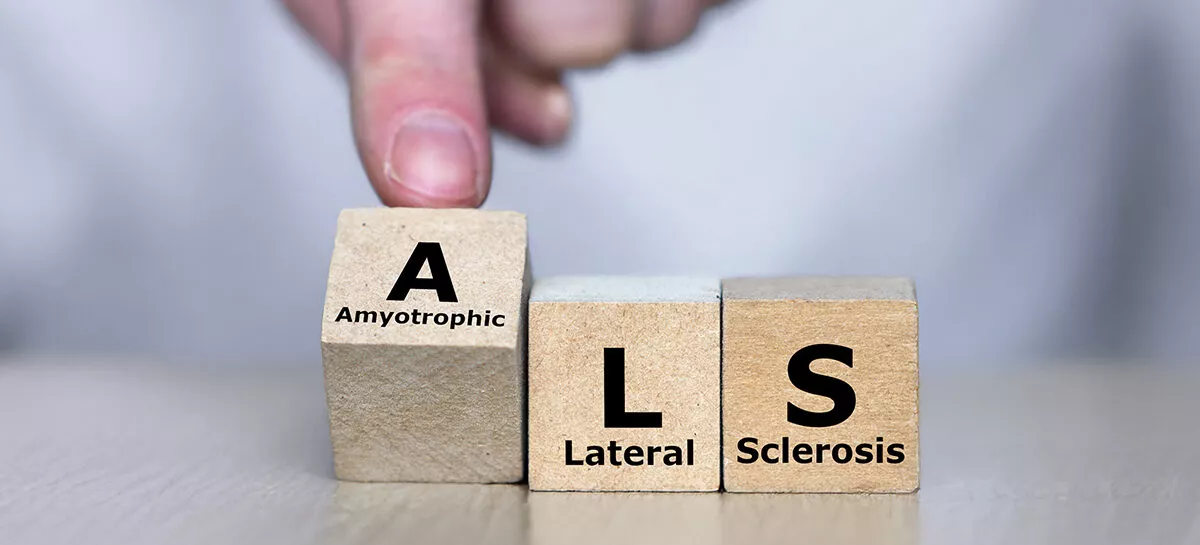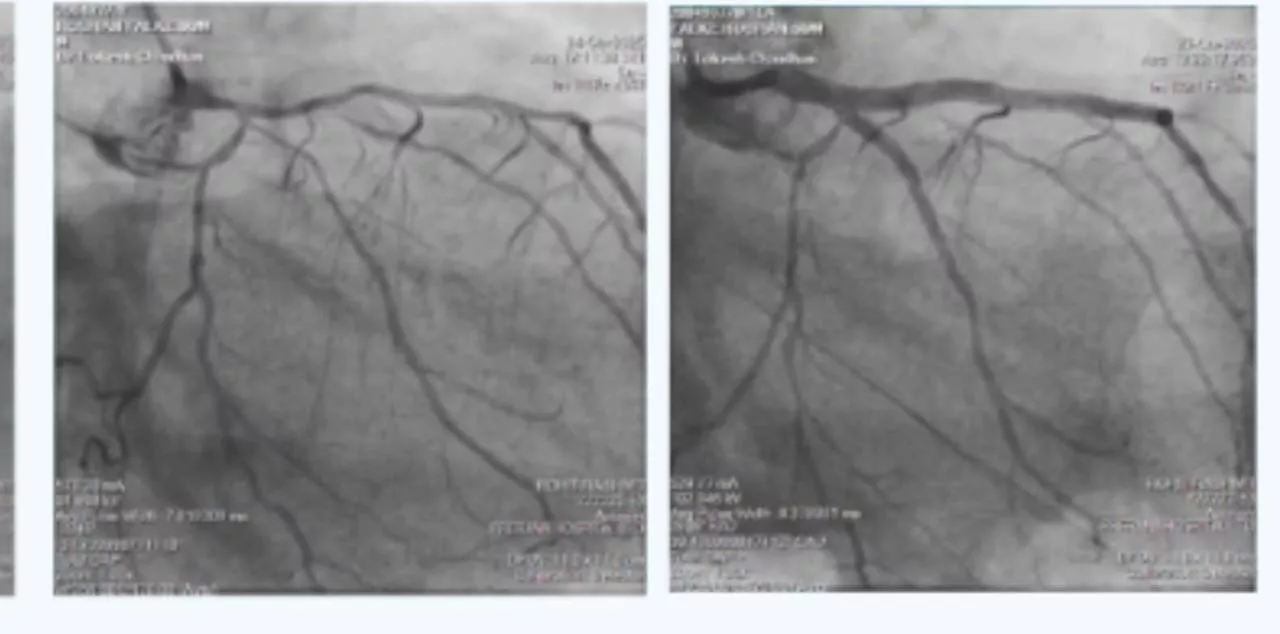Feeling chest pain can be scary. Many people immediately worry about heart problems, but the truth is, the heart is not always to blame. There are several chest pain reasons that have nothing to do with heart conditions. Issues with the digestive system can sometimes cause discomfort that sometimes feels like heart pain.
Therefore, if you can tell the difference between chest pain and gas or digestive problems, you can relax and choose the proper care. Join us as we debunk how the digestive system functions and when you should consult a doctor if you experience persistent chest pain.
Heartburn: The Burning Signal from the Stomach
One of the most common digestive causes of chest discomfort is Gastroesophageal Reflux Disease (GERD), often called acid reflux. This happens when stomach acid travels back up into the food pipe, irritating its lining. Here are the basic symptoms:
- A burning sensation behind the breastbone
- Pain that sometimes rises into the throat
- Discomfort that often worsens after eating or when lying down
Though it may feel alarming, this type of chest pain is usually caused by irritation, not by heart strain. Collaborate with expert doctors at the Aster Hospital to find relevant solutions.
Trapped Gas: Small Bubbles, Big Discomfort
Another surprisingly common cause of chest pain is trapped gas. Yes, chest pain due to gas is real. When gas builds up in the digestive tract, it can create sharp, sudden pain in the upper abdomen or chest. Often, the issue stems from the back and shoulder region, stimulating more confusion among patients. Key signs to watch for:
- Bloating or a feeling of fullness
- Relief after burping or passing gas
- Discomfort that moves or changes with position
While gas pain is typically harmless, it can still be intense. Eating nutritious meals and minimising junk food will benefit individuals in the long run.
Oesophageal Spasms: A Squeeze You Don’t Expect
Oesophageal spasms are involuntary contractions in the food pipe that can create chest tightness or pain. They often feel similar to a heart attack, leading to understandable concern. Some common triggering factors are:
- Swallowing hot or cold foods
- Stress or anxiety
- Acid reflux irritation
Even though oesophageal spasms are not dangerous, they can be frustrating to deal with. Thus, the triggering factors should be checked out with your doctor if you experience them often.
Complications Concerning Peptic Ulcers and Gastritis
Complaints of chest pain can also be the result of peptic ulcers (sores in the stomach lining) or gastritis (inflammation of the stomach lining). This type of pain usually comes alongside:
- Burning or gnawing stomach aches
- Nausea or vomiting
- Pain that improves or worsens with food
Ignoring these symptoms can lead to complications, so it’s important to get medical advice if they persist.
When to Worry: Seeking the Right Care
Not every chest pain is minor. Frequent chest pain is a key indicator of other critical ailments. People should seek immediate medical assistance if they experience the following:
- Sudden, severe chest pain
- Pain spreading to the jaw, arm, or neck
- Shortness of breath or sweating
- Dizziness or fainting
You should seek emergency help immediately. While digestive causes are common, heart and lung issues remain serious chest pain reasons that should not be ignored. In some cases, the best place to go is a specialised pulmonology hospital in India, where experts can assess whether breathing or lung conditions might be involved.
Making Small Lifestyle Changes
Minor lifestyle changes can positively impact individuals experiencing chest pain stemming from digestion:
- Eat smaller and more frequent meals
- Avoid lying down immediately after eating
- Limit spicy, fatty, or acidic food
- Reduce caffeine and alcohol intake
- Reduce smoking
- Stay active and practice yoga
Be sure to connect with the best pulmonology hospital in India, namely Aster Hospital, to upgrade your lifestyle and enhance your health. Remember, while home remedies help in mild cases, professional assessment ensures that nothing serious is overlooked.
Why Knowing the Difference Matters
Chest pain is a symptom that can come from many sources, like the heart, lungs, digestive system, or even muscles. Learning to recognise the patterns and triggers can help you respond calmly and effectively. For example:
- Pain after a heavy meal? It might be chest pain due to gas.
- Pain when breathing or coughing? It may need assessment at a pulmonology hospital in India.
- Pain with exertion or at rest? It’s safest to get emergency cardiac care.
Trusting your instincts but also knowing when to act can save lives and reduce unnecessary stress.
Final Thoughts: Listen to Your Body
Digestive discomfort can and does cause chest pain, but distinguishing it from more serious conditions is not always easy. By gaining knowledge about the fundamental chest pain reasons and collaborating with Aster Hospital, people can overcome this common ailment.





